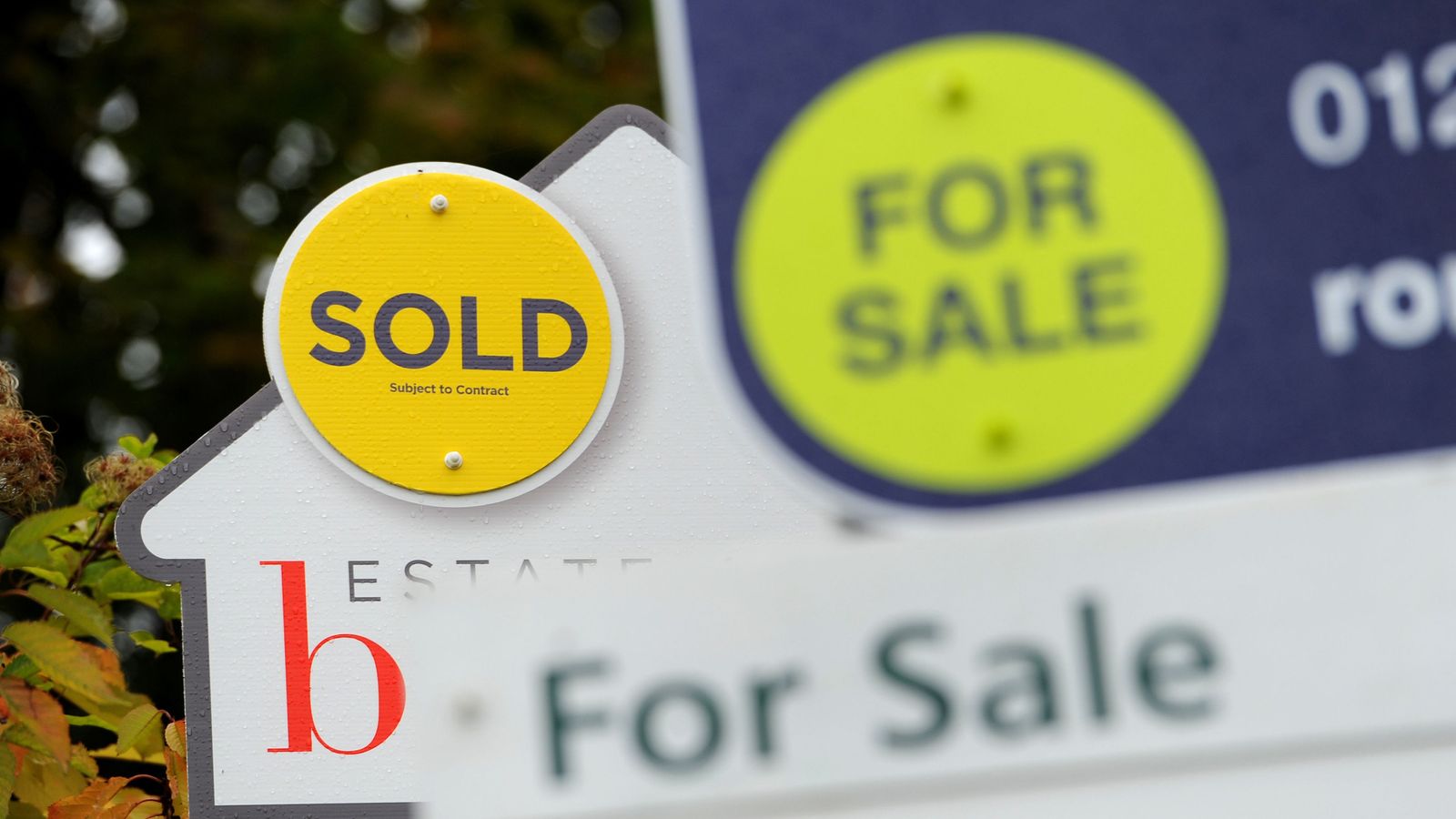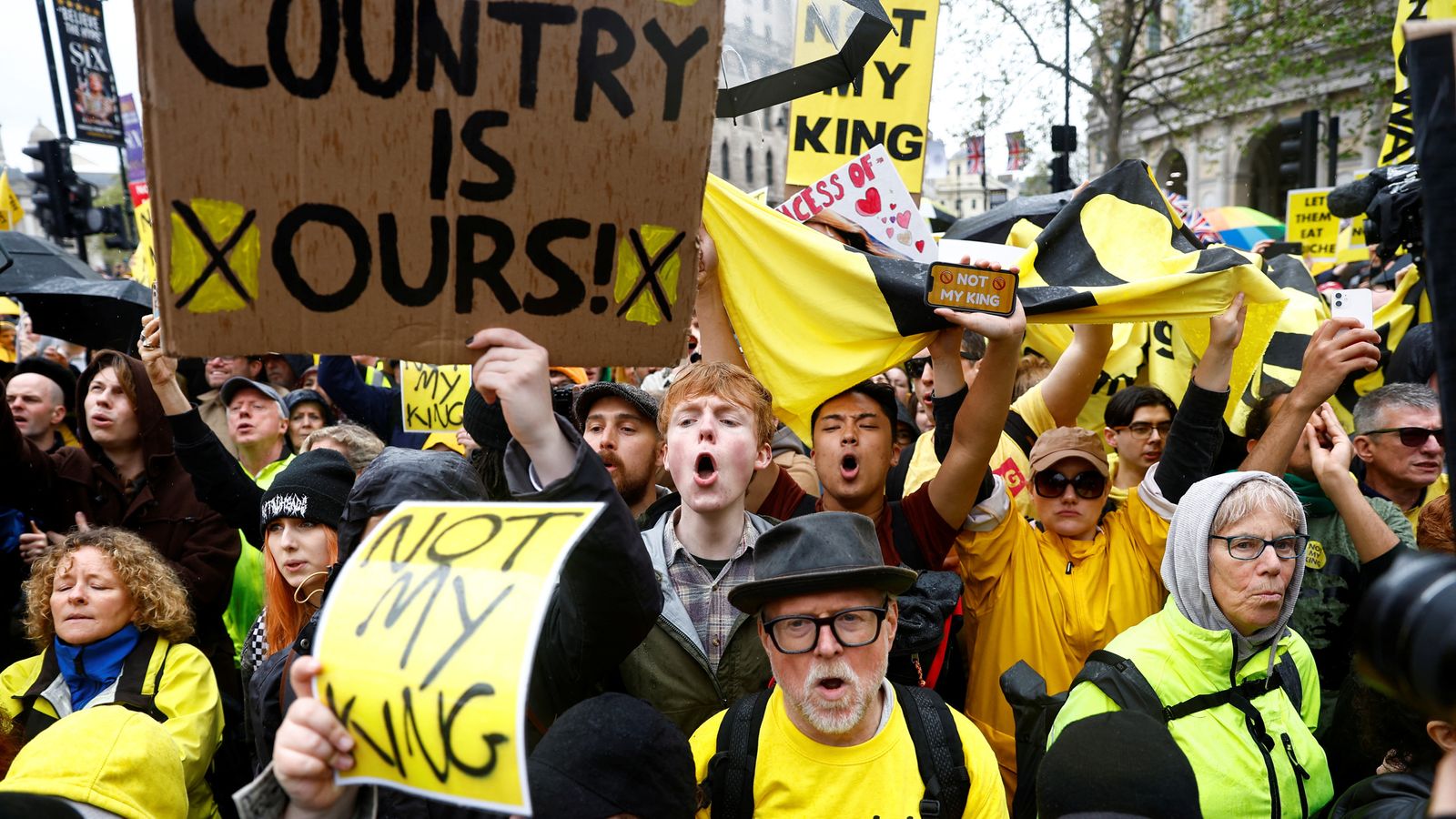House prices are still much higher than this time last year, according to Nationwide Building Society, but the pace of growth has slowed for the third month in a row.
Prices were 11.2% higher in May than a year earlier, although there are signs that the housing market is starting to slow down, after hitting 14.3% in March and falling to 12.1% in April.
“Household finances are likely to remain under pressure with inflation set to reach double digits in the coming quarters if global energy prices remain high,” said Robert Gardner, Nationwide chief economist.
Prices also increased by 0.9% between April and May, taking the average house price to £269,914, a Nationwide index shows.
Demand for homes is still high, while the supply of houses coming on to the market is low, the mortgage lender said, supporting strong prices.
“We continue to expect the housing market to slow as the year progresses,” said Mr Gardner.
“Household finances are likely to remain under pressure, with inflation set to reach double digits in the coming quarters if global energy prices remain high.”
Read more:
Mortgage borrowing falls by 36% as housing market starts to cool
House prices at risk as inflation takes its toll
He said consumer confidence had collapsed, and further interest rate hikes from the Bank of England would likely cool the housing market further as they fed in to mortgage rates.
On Tuesday, the central bank said that mortgage borrowing fell by 36% in April in another signal that the red-hot housing market is starting to lose momentum in the face of rising inflation and a cost of living crisis.
Net mortgage borrowing dropped to £4.1bn last month from £6.4bn in March.
Mortgage approvals for house purchases also fell, from 69,500 to 66,000.








